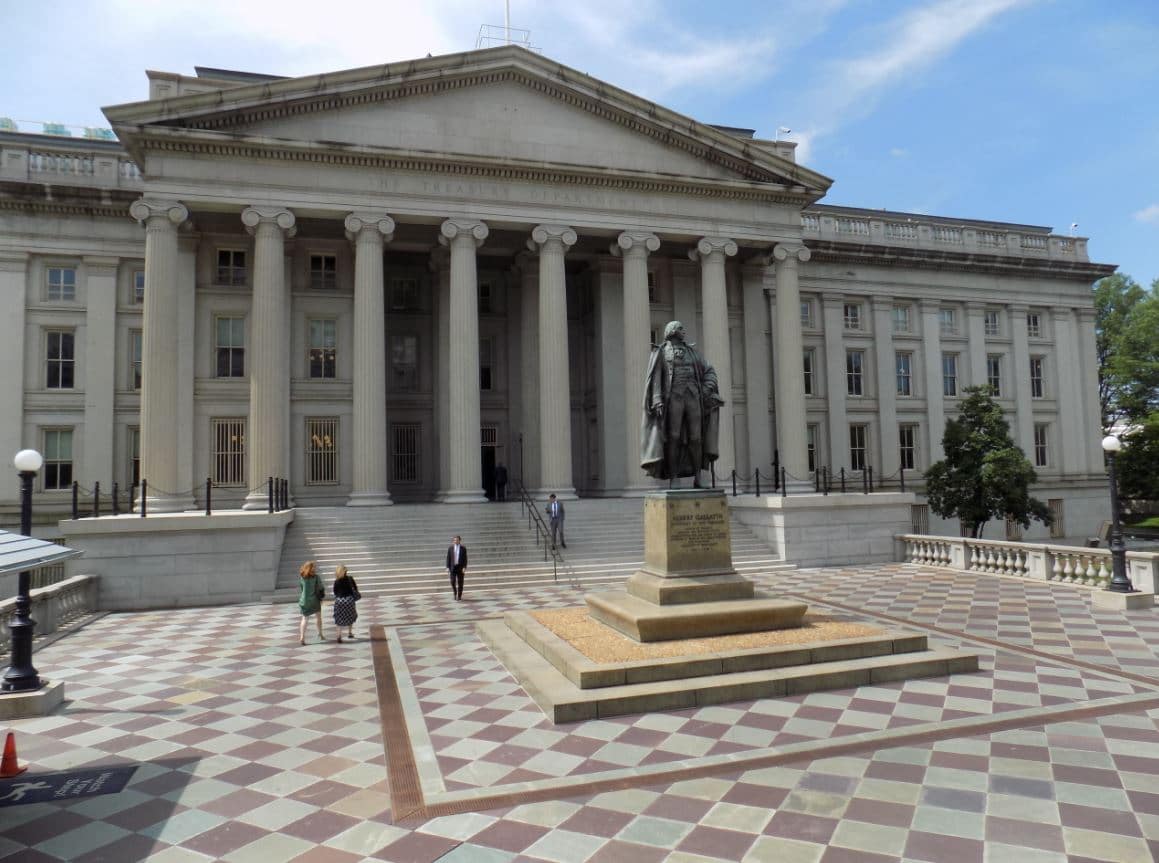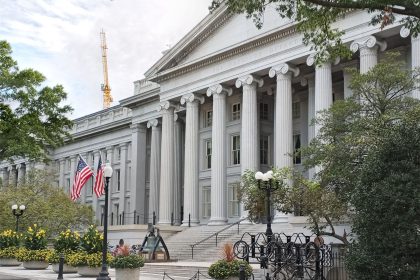Treasury Department to Allocate Additional $21.6 Billion for Rental Assistance

WASHINGTON — In coordination with the White House’s American Rescue Plan Implementation Team and the Department of Housing and Urban Development, the Department of the Treasury announced Friday it would allot $21.6 billion in additional funds for emergency rental assistance.
Additionally, the Treasury Department issued updated guidance assuring the funds will be offered directly to renters in instances where landlords do not accept direct payment. The department’s updated guidance also reduces documentation requirements in order to expedite the payments.
“Even as the American economy continues its recovery from the devastating impact of the pandemic, millions of Americans face deep rental debt and fear evictions and loss of basic housing security,” Treasury Department officials said in a written statement accompanying the announcement. “Countless middle class landlords who rely on rental income to support their families have also faced deep financial distress in the COVID-19 crisis. Nearly 7 million Americans reported being behind on rent in the second half of April.”
At least 90% of funds issued must be used for “direct financial assistance,” such as rent, rental arrears, utilities and home energy costs, utilities and home energy costs arrears, or other housing expenses, according to the Treasury Department’s website. The remaining funds are to be used for “housing stability services,” such as case management or other services intended to maintain the household.
The previous iteration of the Treasury Department’s emergency rental assistance program did not offer funds directly to renters, meaning tenants could face eviction if their landlord refused the federal aid on their behalf. The program also prohibits evicting renters for nonpayment in months in which they received emergency rental assistance.
“Evictions can have long-lasting consequences for families — potentially disrupting school, worsening health, displacing neighborhood networks of support, and making it more difficult to find safe, affordable housing in the future,” the Treasury Department’s statement continued. “COVID-19 has exacerbated an affordable housing crisis that predated the pandemic and that has exacerbated deep disparities that threaten the strength of an economic recovery that must work for everyone.”
In lieu of documentation requirements that might have prevented vulnerable renters from receiving assistance, the updated program will now verify the income eligibility of renters by utilizing “any reasonable fact-specific proxy,” such as the average income of the applicant’s neighborhood.
Last week, TWN reported a federal judge ruled the Centers for Disease Control and Prevention’s moratorium on evictions exceeded the agency’s authority, a decision that was quickly challenged by the Department of Justice. Prior to the ruling, the Biden administration sought to extend the moratorium through June 30.
“When our administration took office, our economy was in a state of crisis,” Treasury Secretary Janet Yellen said at a White House press conference on Friday. “Our most pressing concern was providing a lifeline for Americans suffering under the weight of the pandemic. Our solution was the American Rescue Plan, which the president signed back in March. It was designed to provide enough relief for Americans to make it to the other side of the pandemic with the foundations of their lives intact. Providing nutrition for hungry families, rental assistance for those at risk of eviction, and a lifeline for businesses on the brink.”
























